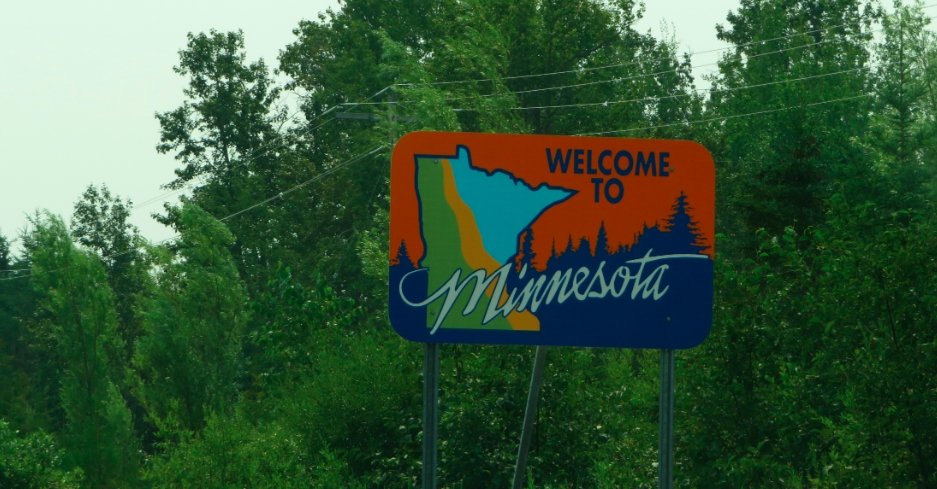Minnesota is facing a potential legal challenge over a loophole that allows the sale of raw hemp flower that may contain traces of THC, the psychoactive compound in marijuana. The state’s Department of Agriculture (MDA) has been accused of violating federal law by allowing hemp growers to sell their products without testing them for THC levels.
What is the loophole and how did it come to light?
The loophole stems from the fact that hemp and marijuana are both varieties of the cannabis plant, but they have different levels of THC. Hemp contains no more than 0.3% THC, while marijuana contains more than 0.3%. However, some hemp products may still have detectable amounts of THC due to cross-pollination or contamination.
According to a report by Marijuana Moment, a news website that covers cannabis issues, the MDA has been issuing permits to hemp growers who want to sell their flower directly to consumers without going through a licensed processor or retailer. The MDA claims that this is allowed under federal law, which does not explicitly prohibit such transactions.
However, some hemp advocates and industry experts argue that this practice is risky and misleading, as it could expose consumers to THC products that are illegal under federal law or could trigger drug testing results. They also point out that the MDA does not have any authority or expertise to regulate hemp products for THC levels.
What are the potential consequences and who is involved?
The loophole could have serious implications for both consumers and businesses in Minnesota. For consumers, buying raw hemp flower from an unregulated source could result in consuming a product that contains THC, which could cause intoxication, impairment, or legal trouble. For businesses, selling raw hemp flower without testing it for THC could expose them to lawsuits from federal authorities or customers who claim they were harmed by consuming a product that contained THC.

One of the parties involved in this issue is Hemp Minnesota, a nonprofit organization that advocates for hemp legalization and education in Minnesota. Hemp Minnesota claims that it has received complaints from consumers who bought raw hemp flower from unlicensed growers and tested positive for THC on drug tests or showed signs of impairment. Hemp Minnesota also alleges that some unlicensed growers have been selling contaminated seeds or plants to other growers who then sell their products directly to consumers.
Another party involved is Minnesota Hemp Industries Association (MHIA), a trade group that represents licensed hemp processors and retailers in Minnesota. MHIA argues that the MDA’s policy is inconsistent with federal law and creates confusion and uncertainty for both consumers and businesses. MHIA also contends that testing raw hemp flower for THC levels would be costly and impractical for most growers and processors, as well as unnecessary since most consumers are unlikely to consume more than 0.3% THC.
What are the possible solutions and what will happen next?
The MDA has not yet responded publicly to these allegations or lawsuits against its policy. However, according to Marijuana Moment, the agency has recently announced plans to create a new regulatory body called Office of Cannabis Management (OCM), which will oversee all aspects of cannabis regulation in Minnesota once recreational marijuana becomes legal on July 1.
The OCM will be responsible for licensing adult-use cannabis businesses, setting rules and standards for cannabis production and sales, collecting taxes and fees from cannabis operators, enforcing compliance with state laws and regulations, conducting research and education on cannabis issues, and resolving disputes among stakeholders.
The OCM will also be tasked with addressing the loophole regarding raw hemp flower sales by developing a testing program for all cannabis products sold in Minnesota. The OCM will work with federal agencies such as Drug Enforcement Administration (DEA) and Food & Drug Administration (FDA) to ensure compliance with both state and federal laws regarding cannabis testing.
The OCM’s director will be appointed by Governor Tim Walz (D), who has expressed his support for legalizing recreational marijuana in Minnesota. Walz has said he expects to sign the bill into law next week at a ceremony attended by former Governor Jess Ventura (I), who was instrumental in pushing for legalization.



